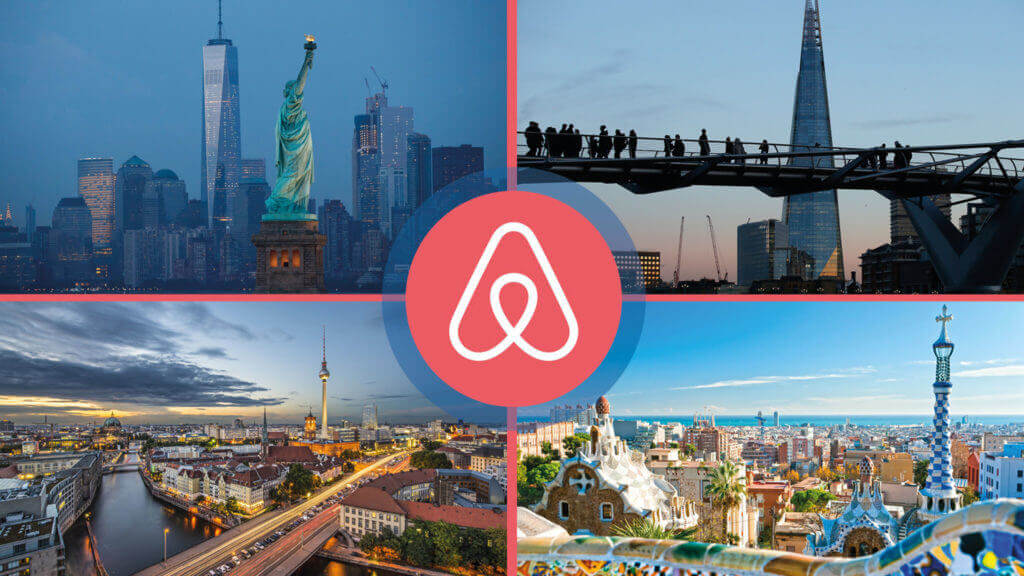
At a time when most hotel CEOs say Airbnb isn’t a threat at all, Smith is one of the few who seems to be paying much closer attention than most to its potential impact on his company’s business.
“I would be naive to say that we aren’t being mindful of the Airbnb effect,” Four Seasons Hotels and Resorts Chief Executive Officer Allen Smith said in an interview about the Toronto-based company’s history and future outlook. “It’s just another example of the speed in which the market is changing and the manner in which we need to be prepared to respond to it.”
The five-star hotel chain created six decades ago by Isadore Sharp continues to expand worldwide while working to preserve its top-tier reputation in an industry increasingly driven by millennial expectations and tastes. The company, jointly controlled by Microsoft Corp. co-founder Bill Gates and Saudi Prince Alwaleed Bin Talal, has introduced a mobile app that will include a chat function and plans a guest recognition program to bolster loyalty. In an era where plush bathrobes and free high-end toiletries are standard, the focus must be on refining guest service and staying on top of emerging trends, including the rapid ascent of digital disrupters, according to Smith.
“If you don’t, the risk is that the relevance of your brand diminishes over time regardless of what a great company this is,” Smith said last week from the restaurant at the closely held company’s Four Seasons hotel in Toronto.
Luxury Deal
Smith’s comments are a departure from the party line typically espoused by upscale hotels — that Airbnb Inc. opens up a new market but doesn’t compete directly with them. The San Francisco-based firm moved closer to becoming a full-service global travel company in February when it bought Montreal-based Luxury Retreats, a manager of high-end rentals and services, in a deal valued at $300 million. It marked the home-sharing service’s biggest acquisition yet.




